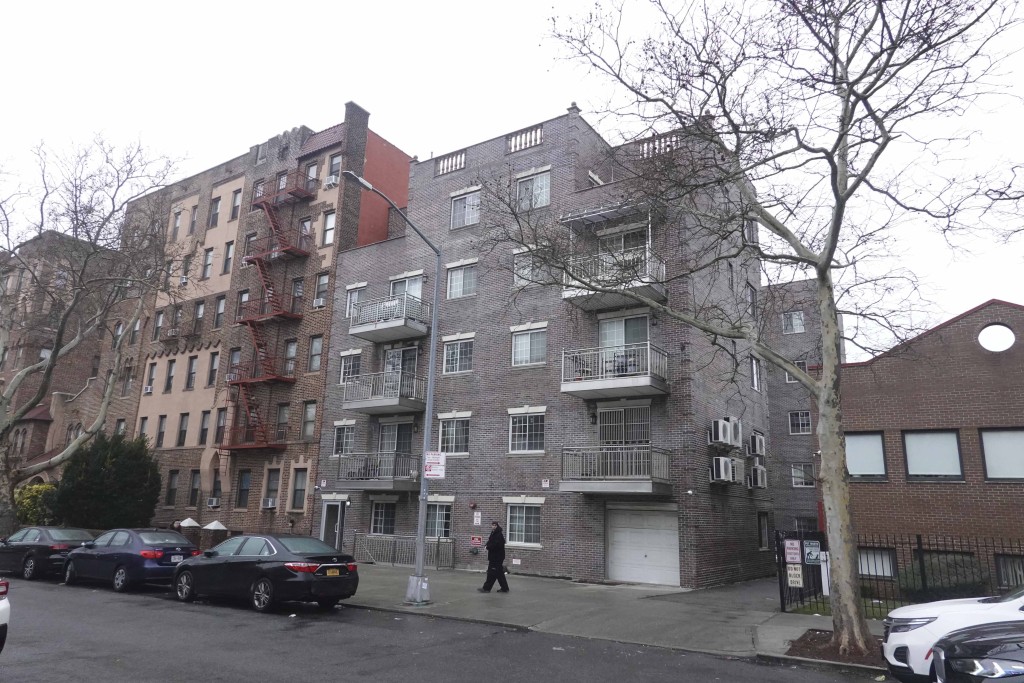New Rules for First-time Home Buyers
The New York Times this weekend joined throngs of other analysts and media outlets in pointing out that there are multiple culprits to the financial collapse that is now a year old—and that we, in addition to bankers and brokers or lax government officials, are partly to blame. People had fallen into the habit of…

 The New York Times this weekend joined throngs of other analysts and media outlets in pointing out that there are multiple culprits to the financial collapse that is now a year old—and that we, in addition to bankers and brokers or lax government officials, are partly to blame. People had fallen into the habit of stretching their finances to buy as much house as possible for their first-time buy, the Times says, and the paper offers seven new rules of buying to replace this and other unreliable maxims of real estate. It begins with the basics—put 20 percent down, get a fixed-rate mortgage, and don’t spend more than 35 percent of your pretax income on your mortgage, property tax, and home insurance—and continues with more detailed advice such as mapping out your expenses and forecasting your future income. It’s more than we can reproduce here, but the full article is worth a read.
The New York Times this weekend joined throngs of other analysts and media outlets in pointing out that there are multiple culprits to the financial collapse that is now a year old—and that we, in addition to bankers and brokers or lax government officials, are partly to blame. People had fallen into the habit of stretching their finances to buy as much house as possible for their first-time buy, the Times says, and the paper offers seven new rules of buying to replace this and other unreliable maxims of real estate. It begins with the basics—put 20 percent down, get a fixed-rate mortgage, and don’t spend more than 35 percent of your pretax income on your mortgage, property tax, and home insurance—and continues with more detailed advice such as mapping out your expenses and forecasting your future income. It’s more than we can reproduce here, but the full article is worth a read.
Seven New Rules for the First-Time Home Buyer [NY Times]
Photo by triada53





I know. I read my comments some times and I sound like such a Debbie Downer.
Don’t misunderstand, I’m not some rich broad sitting on these huge stockpiles of cash. It’s just whatever does come in I allocate and try to use pretty responsibly.
Direct deposit is my godsend. If I don’t see it, I can’t use it.
THL, can you believe that even now, your opinion on savings is on the fringe?
everyone’s seeing this 20% argument from an individual buyer’s perspective. But the truth is that no one cares if YOU default on your mortgage, we care if A LOT of people do. Your excess leverage has a social cost.
dittoburg, DH: I don’t know where you get the stat about FHA loans or what their underwriting criteria are, but it’s clear that in general, people with higher equity are less likely to default. no one “above water” ever needs to allow foreclosure to happen, because by definition they can sell the house for more than the outstanding amount of the loan, and take money back.
Consider these things: First, if everyone has 5% down and home values fall 10%, no one can move. That’s a disaster for the economy, because people can’t take new jobs that require them to move. Second, if you borrow 500K and pay back 450K, YOU WIN. not the bank, not the broker, not the rating agency, not the government. YOU are the one who derived benefit from the transaction. Why? because a) you would have kept the profit had the value increased. You had what we call in finance a “free option”. and b) Walking away from owing 50K is the same as making 50K.
There is one definition of a credit crisis, and only one: people borrow money and don’t pay it back. Why congress is focused on CEO pay is beyond me. The only way to ensure that we avoid the “great recession” in the future is to require borrowers to make legitimate downpayments.
haha jail bait 🙁
Sure, DH — but only if you put 20% down.
Point taken NSR/Woodys – thanks
anyone wanna loan me 100k?
“I do agree people should not spend their whole savings on the down payment, which means you really need to save 30% or so of the cost of the property you want to buy.”
I always thought when you saved for a home you should keep that money separate from your retirement, investments and emergency fund savings. I kept it in an entirely different account.
Also I think 20% down is pretty lenient relative to most countries–in some countries you need like 50% down–and just about everywhere else in the world you cant get a fixed rate mortgage.
DH, just get an FHA loan, 3.5% downpayment. No higher default rate than privately bakced loans as I understand it, which sinks most of the arguments above about 20%.